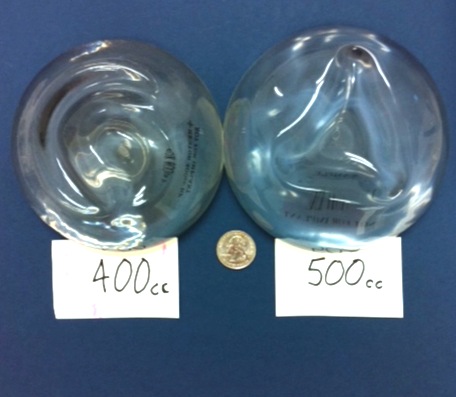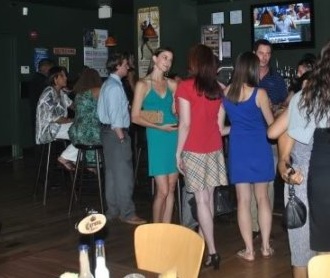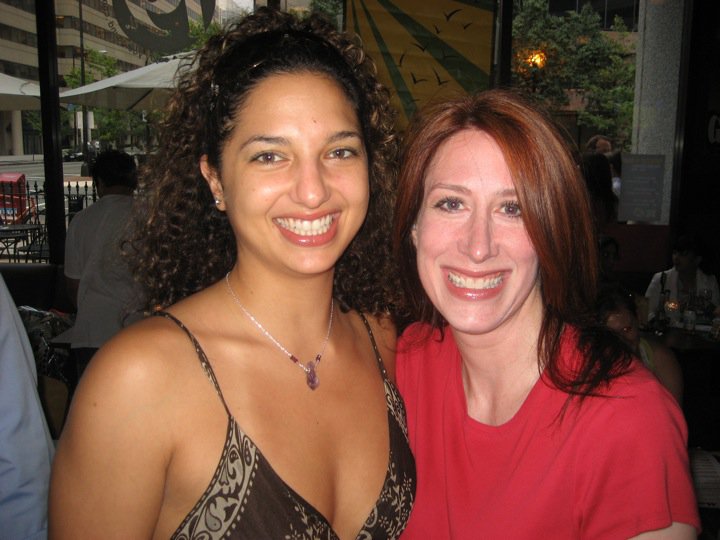I hadn’t planned on joining Congress in taking a recess during August, but apparently, I, too, needed a break from blogging. Ironically, though, the past month has been anything but uneventful.
The Boobs (or “Foobs,” as some of us in the breast cancer community call them): The first week after my reconstructive surgery was rougher than I had previously indicated. See, the surgery had ended, but I surprisingly woke up while I was still in the Operating Room. That’s not supposed to happen under general anesthesia! I began screaming, “It’s too soon! It’s too soon!” As I was moved onto the gurney and wheeled into the Recovery Room, I felt very dizzy and got sick. Those symptoms continued for the next five days.
One week later, I noticed that my left breast looked sunburned. It was pink in color, swollen, slightly painful and warm to the touch. I wasn’t sure what was going on so I paged my doctor on the weekend. She recommended that I meet her at her office on a Sunday. (Yes, it helps to have doctors like this who go above and beyond!)
The thought was that I had developed an odd reaction or mild infection. She put me on more antibiotics. In total, I’ve been on antibiotics for all but five days out of a two-month period!
Two weeks later, the “sunburn” is slightly better. The left side is still swollen, though, and the surgeon thinks that my skin is having an abnormal reaction to everything that has transpired. The hope is that it will improve naturally over the next month or two.
Teaching: To say that I love teaching at American University would be an understatement! Nevertheless, it might not have been the best move to agree to teach a seven-week online class during my season of surgeries! (I'm sure I should have rested and relaxed a lot more than I did.) The summer class required me to be online so much that I just didn’t have the energy to be writing outside of that.
The Man: If I’ve had free time over the past month, I’ve spent it with my loved ones. The Man is definitely at the top of that list! Since surgery, he’s handled every ride, every dog walk, every grocery store run and every doctor’s appointment. I’m not sure what I’ve done to deserve someone as wonderful and caring as him in my life, but I feel grateful.
I hope that all of you had a relaxing and fun summer! How did you spend your holiday weekend?


